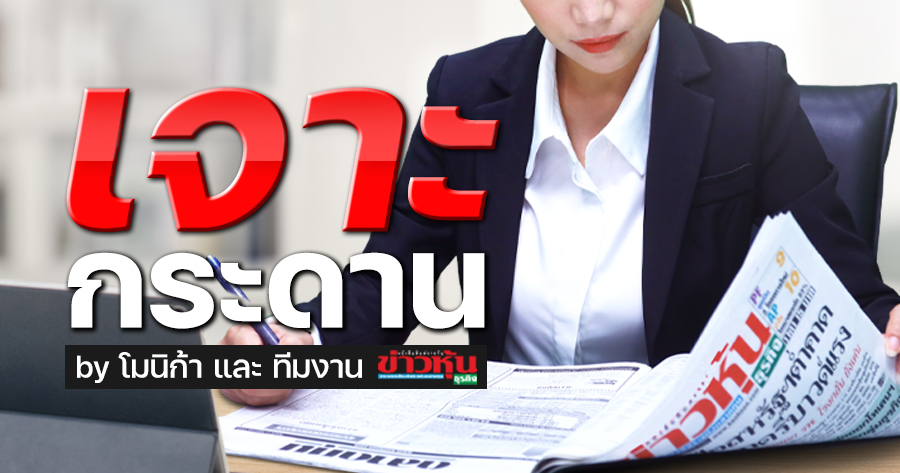
BTS Clears the Dispute of Train Fares as Terms of Investment Result in Different Fares
The dispute regarding the BTS train fares have been an issue for the Thai community for a while. Today, BTS' CEO has clarified on the matter.
Bangkok Mass Transit System Public Company Limited (BTSC) is preparing to file a case to the Administrative Court of Thailand against the Bangkok Metropolitan Administration (BMA) over the operating cost of the Green Line Extension around 30,000 million baht.
Mr. Surapong Laoha-Unya, CEO of BTSC and Director of BTS Group Holdings Public Company Limited (BTS), through Kaohoon JorTalad Live on April 27, 2021, stated that the company has yet to receive any update from BMA regarding the payment for operating cost of the Green Line Extension, thus, the filing to the Administrative Court was one of a few ways to give a push on the matter and to protect the rights of BTS’ shareholders as a public company after a report of BMA refusing to settle the payment and saying that it could not afford to pay this huge amount of payment.
Meanwhile, the 30-year extension of the Green Line concession in exchange of BMA’s 100 billion baht of debt has yet to get an approval from the Thai cabinet. The main dispute for this concession-debt exchange is that the Ministry of Transport raised questions regarding the train fare at a maximum of Bt65, while comparing to the Metro Blue Line which has a capped fare at Bt42 per ride, saying that the Bt65 train fare would put a burden on riders who earn minimum wage (roughly 330 baht per day).
Mr. Laoha-Unya stated that the actual train fare of the Green Line from start to end is around Bt158, but due to this high train fare that could burden daily riders, the BMA came up with a train fare at Bt65 per ride. The CEO said that as of today, the capped train fare at Bt59 per ride with a free of charge for the extensions, the company would still record a net loss from its operation around 6,000 million baht, including the impact from Covid-19 outbreak.
Regarding the various calculations and formulas published by other media or even the Ministry of Transport saying that the operation could still be running with a train fare of Bt50 per ride, Mr. Laoha-Unya clarified that the fare has yet to include any interests that would increase from the current debt. The civil works of BMA around 60,000 million baht has an interest around 1,000 million baht per annum. Meanwhile, there is also the debt of around 20,000 million baht for the system installation that BMA has yet to settle with BTS.
Moreover, the estimated riderships prior to the coronavirus outbreak that the Ministry of Transport or the Office of the Consumer Protection used to calculate income is 30% higher than the actual number. The estimated ridership growth is also at 5% for the next 30 years while the actual growth is 2%, making a huge difference when putting the number in a formula.
Lastly, regarding the comparing of Green Line to the Purple and Dark Blue Line that the Green Line seems to have higher train fare, Mr. Laoha-Unya clarified that the operation of the Dark Blue Line is a PPP Net Cost, which the government invested in civil works and the private company will accept the operating risk as well as taking in the income. The investment only on the private company for the Dark Blue Line can be rounded up to around 20 billion baht.
The investment in Purple Line is a PPP Gross Cost where the government hires private companies to operate the train.
Meanwhile, BTS is a sole investor on the Green Line (concession) with an investment of over 50 billion baht, and the company had to enter a rehabilitation plan afterward due to high debt. Due to this reason, the calculation for operating cost will be different.
Lastly, the number and frequency of trains are incomparable as BTS has more trains than the Purple Line around six times and more trips, causing the cost to be higher than other operators.



